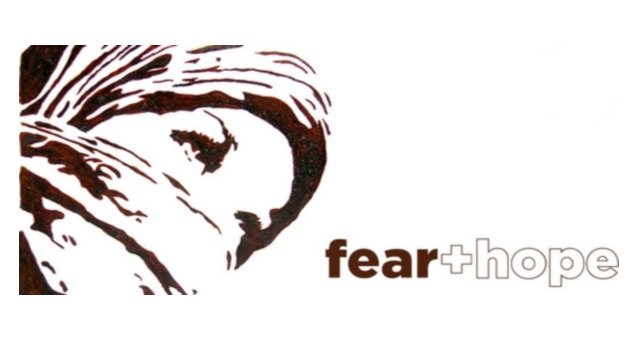Malta’s Refusal to Accept Boat with Alleged Refugees

[Brussels 9 August, 2013] The Maltese government refused to allow a tanker that had rescued 102 African persons to dock in Malta.
The story
The passengers, thought to be asylum seekers from Ethiopia and Eritrea, were rescued by MT-Salamis, a Greek-operated, Liberian-flagged vessel, off the Libyan coast on Sunday, 4 of August. According to various sources, the passengers included four pregnant women, one injured woman, and a five-month old baby. After examining the passengers, the Maltese authorities concluded that there was no prominent danger for their health, thus allowing them to disembark in Malta would create a dangerous precedent, especially after the captain of the vessel was instructed to head to Libya.
The EU’s reaction
The European Commission (EC) stated that Malta had an obligation to accept the asylum seekers, on grounds of humanitarian assistance. More specifically, the EC argued that since the ship was now closest to Malta, the island must allow the asylum seekers to disembark as soon as possible. Any dispute over which country should legally take them should be resolved later since the immediate concern is to save lives.
Ms Cecilia Malmström, Commissioner for Home Affairs, noted that
"It is first and foremost important to save the lives of the rescued persons",
and added that Malta, which has refused to allow the tanker to enter its waters, would be acting "contrary to international law" if it sent it back to Libya.
Commissioner Malmström said that while she recognised the "migratory pressure" faced by the tiny Mediterranean island - the EU’s smallest Member State - it is the "humanitarian duty of the Maltese authorities to allow these persons to disembark." She mentioned that the captain of the vessel had sent an urgent medical request for the injured women to be hospitalised.
Admittedly, the Dublin II Regulation constitutes an extra pressure on the Southern states of the Union, because it stipulates that only one Member State is responsible for examining applications to seek asylum in a European Union country, and that particular Member State is the one where asylum seekers first arrive.
The German asylum advocacy group, Pro Asyl, accused the Maltese authorities of threatening the use of force if the Salamis’ captain tried to land the asylum seekers at an island port. The organisation urged the EU “to guarantee the reception of the rescued boat people in a safe port in Europe.”
More specifically, the group stated that:
"Threatening the tanker Salamis with military force sends out a fatal message to other boat crews again: look away, carry on, and avoid problems with people in distress."
The solution
The crisis was solved when Italy gave permission to the vessel to travel on to Syracuse. Commissioner Malmström welcomed news of the asylum seekers’ arrival in Italy, tweeting: "Thank you Italy."
The International Organisation for Migration (IOM) also welcomed Italy’s decision.
The IOM commented:
"In a situation of this kind, the IOM believes that the priority is to ensure the safety and well-being of the passengers. They should therefore be allowed to receive medical attention and an opportunity to request international protection if so warranted."
The European Union as a whole, as well as individual Member States, have responsibilities deriving from very specific national, European and international legislation. Asylum seekers have to be treated responsibly and in detail, by respecting their rights, established by law, and by taking into consideration their specific needs.
The EWL would like to welcome Italy’s decision to accept the vessel with the 102 passengers and trusts that the State is going to provide all assistance necessary to all of them, and especially to the injured woman, the pregnant women and the 5-month baby, who are in need of special attention.
Sources: BBC News, EUObserver, Euractiv, European Voice.




